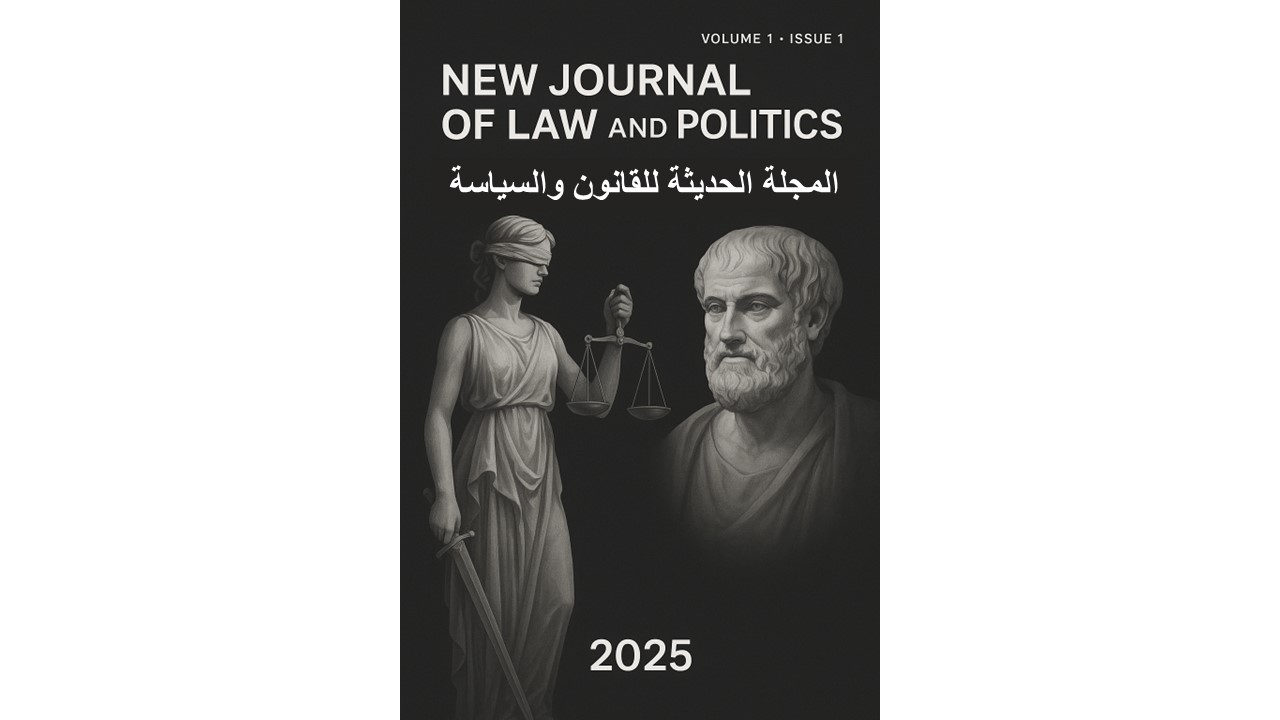The Future of the Nation-State in the Context of Postmodern Ideas and Theories: Selected Global and Arab Models
Keywords:
Nation-state, Postmodernism, Networked Sovereignty, Digital Globalization, Geopolitical DisparityAbstract
This study explores the transformations of the nation-state in the postmodern era, which faces radical pressures such as digital globalization, fragmented identities, and the rise of transnational power networks. Through a critical methodology that integrates theory (postmodern concepts of sovereignty and identity) and application (global models like the European Union and Arab cases such as Egypt and Lebanon), the findings reveal that the nation-state is evolving into a "fluid" entity that gradually delegates its sovereignty to supranational/subnational actors, while technology reshapes its governance mechanisms through digital tools like data surveillance. However, a geopolitical gap emerges between Western models (more adaptable to networked governance) and Arab models (more vulnerable to the repercussions of colonial legacies and identity conflicts), underscoring the role of historical and institutional contexts in determining transformation trajectories. In conclusion, the nation-state remains a key actor but adapts as a hybrid entity within a complex power network, where pluralistic discourses coexist with traditional power structures.
Downloads
Published
Issue
Section
License
Copyright (c) 2025 New Journal of Law and Politics

This work is licensed under a Creative Commons Attribution 4.0 International License.
All articles published in this journal are licensed under a Creative Commons Attribution 4.0 International License (CC BY 4.0).
This allows unrestricted use, distribution, and reproduction in any medium, provided the original work is properly cited.
License link: https://creativecommons.org/licenses/by/4.0/

